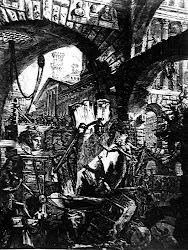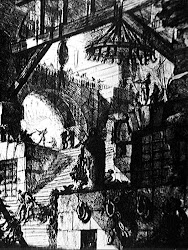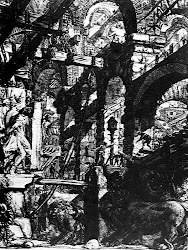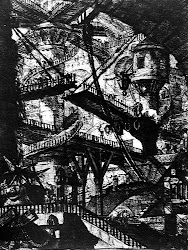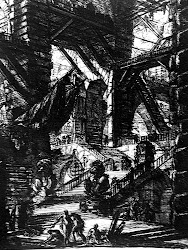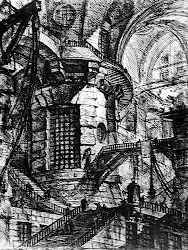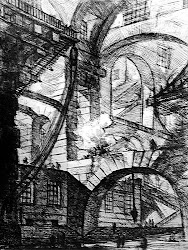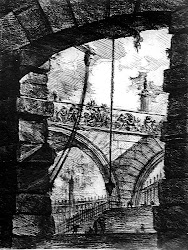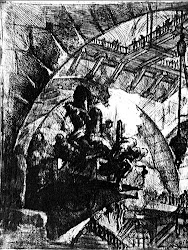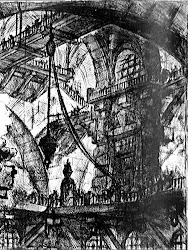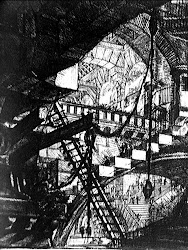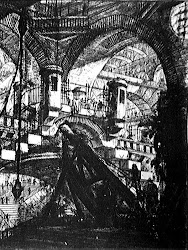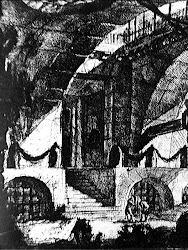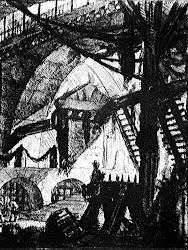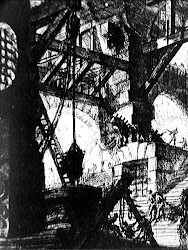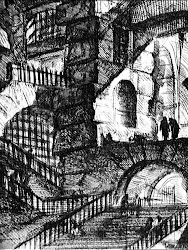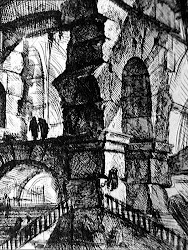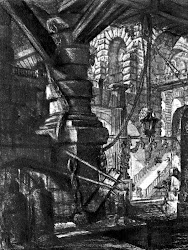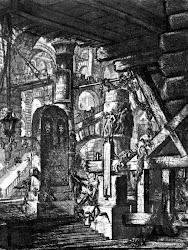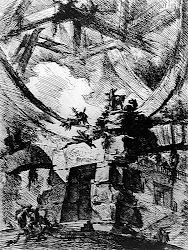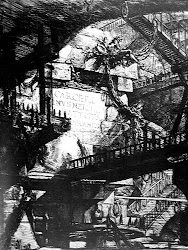Civilization is a pyramid scheme. The benefits of which may be said to be (and sometimes even are) universal, but most percolate to the top ensuring that civilizations uphold the investment and support of their elites.
There are others who have noted this tendency of civilization to be used as a means of subjugation.
I recommend reading Neil Faulkner's "The Decline & Fall of Roman Britain." He states in the introduction:
"This book takes a different approach from man. It is an exercise in 'archaeology from below'. It sets out to analyse Roman Britain as a system of exploitation based on violence, in which the working majority was forced to contribute but did not benefit. It argues further that, because this majority was dispossessed of wealth and power, the weakening of the Empire under military pressure exposed the ruling class to revolt from below. As the cost of empire rose, civil society decayed, resistance to the impositions of the state escalated, and the military-bureaucratic infrastructure of the late antiquity collapsed. What followed - the subject of my new chapter 8 - was a period of relative freedom from the oppression of landlords, tax-collectors and soldiers for the mass of the population." - p. 15
While he may not go so far as to suggest that civilization itself is suspect, it is clear that Faulkner feels that it was used as a military strategy imposed in order to conquer a "wild" Britain, not a gift freely given by beneficent and naturally superior invaders.
And this is borne out I think by the Romans themselves, who were often very frank about their objectives and reasons for bringing the civilizing values of their culture to local elites and regions whom they wished to add to their empire. Again from the same book, by way of Tacitus himself:
"Agricola [governor of Britain in 78-84] had to deal with men who, because they lived in the country and were culturally backward, were inveterate warmongers. He wanted to accustom them to peace and leisure by providing delightful distractions ... He gave personal encouragement and public assistance to the building of temples, piazzas and town-houses ... he gave the sons of aristocracy a liberal education ... they became eager to speak Latin effectively ... and the toga was everywhere to be seen ... And so they were gradually led into the demoralising vices of porticoes, baths and grand dinner parties. The native Britons described these things as 'civilization', when in fact they were simply part of their enslavement." - p. 32 (emphasis mine)
I've always felt that the Romans knew very well that civilization was a system. A pan Graeco-Roman system in which elites managed their wider populations and that the empire was a means of extending that system which operated internally, to those border areas and conquered territories. And which for all the poets' and politicians' lauding of its civilizing virtues for their own sake - was first and foremost a means of forcibly governing an otherwise resistant native populace - both at home and abroad. I think the writers of the period were very self-aware of this, and would not have found the two concepts self-contradictory.
Civilization is a tool, not necessarily a virtue, used as expertly as the sword or indeed, the plow to bring new resources and expanded peoples and territories into the economic control of the empire. Not really all that different then from those empires of today who do much the same.
So it is that cities, especially capital ones of the type which engender empires, can become metropole sized corporations, extending their benefits and civilizing baths and porticos to a populace who are they themselves food for the rapacious needs of the walled organism - ever expanding, ever drawing in and extruding as debris and raw sewage, the bodies of those who are crushed beneath its inhuman needs.
E.


